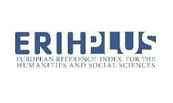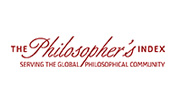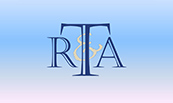Between the Infinite and the Finite: God, Hegel and Disagreement
Anthony Joseph
College of the Resurrection Mirfield
DOI: https://doi.org/10.24204/ejpr.v11i3.2959
Abstract
In this article, I consider the importance of philosophy in the dialogue between religious believers and non-believers. I begin by arguing that a new epistemology of epistemic peer disagreement is required if the dialogue is to progress. Rather than viewing the differences between the positions as due to a deficit of understanding, I argue that differences result from the existential anchoring of such enquiries in life projects and the under-determination of interpretations by experience. I then explore a central issue which is often implicit in these dialogues, namely the ontological status of God-world relations. Drawing on the reflections of Hegel on the infinite and the finite, I argue that his version of panentheism provides an insightful way to conceptualise God-world relations that avoids both dualistic and monistic approaches and helps to explicate a holistic ontology of transcendence from within the world of experience.
Keywords:






